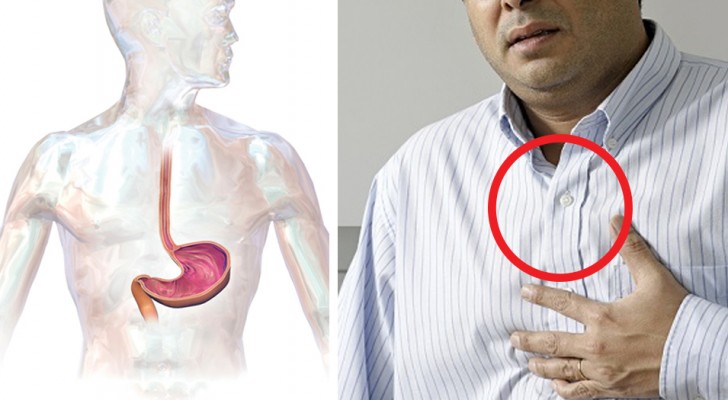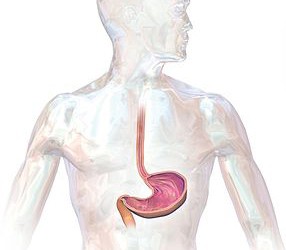Gastroesophageal reflux (GERD) and everything you need to know to keep it under control

This classic stomach disorder, GERD aka acid reflux is a disorder that is, unfortunately, becoming increasingly widespread and is now practically endemic to modern society.
Today's lifestyles and diets favor the onset of this clinical condition that is called "gastroesophageal reflux" (GERD or acid reflux).
Basically, acid reflux occurs when the sphincter muscle at the lower end of your esophagus relaxes at the wrong time, allowing stomach acid to back up into your esophagus.

The most traditional and obvious solution is to use drugs specifically designed to inhibit gastric reflux or alleviate the unpleasant sensations that result, namely pain and a burning sensation (heartburn).
Many individuals are certainly more predisposed than others to encounter these problems, however, it is also true that daily habits and the presence of other pathologies can be factors that cause greater risk.
Among the main causes or joint causes of acid reflux that definitely should be mentioned are smoking, asthma, diabetes, anxiety, pregnancy, hiatal hernia, obesity, and eating disorders.

The signs that reveal this acid reflux include symptoms such as chest or stomach pain, excessive salivation, halitosis (bad breath), sore throat, dry cough, and difficulty in swallowing.
In milder and non-chronic forms of acid reflux, it may be useful, if not crucial to adopt non-pharmacological strategies.
Specifically, what can work very well is to maintain suitable body weight, eat healthy food regularly, avoid clothes that are too tight, do not consume drinks or "acid reflux" food substances such as coffee, chilli, carbonated soft drinks, fat cheeses, alcohol, chocolate, fries, onions, or tomatoes.

Pixabay
In addition to what you eat, the "how" you eat is also important, so no hurried and out of control binges but instead small meals consumed calmly.
After lunch, both at lunch and dinner, it is advisable not to lie down for at least 2 or 3 hours, to allow full digestion to take place first. The supine position favors the gastric reflux into the esophagus.
In addition, lifting the pillows or the headboard of the bed can be of help and lastly, you can take natural substances that serve as excellent digestive and soothing agents.
Specifically, almonds (to rebalance the PH of your stomach), chamomile, aloe juice, turmeric, and ginger tea are fine.





